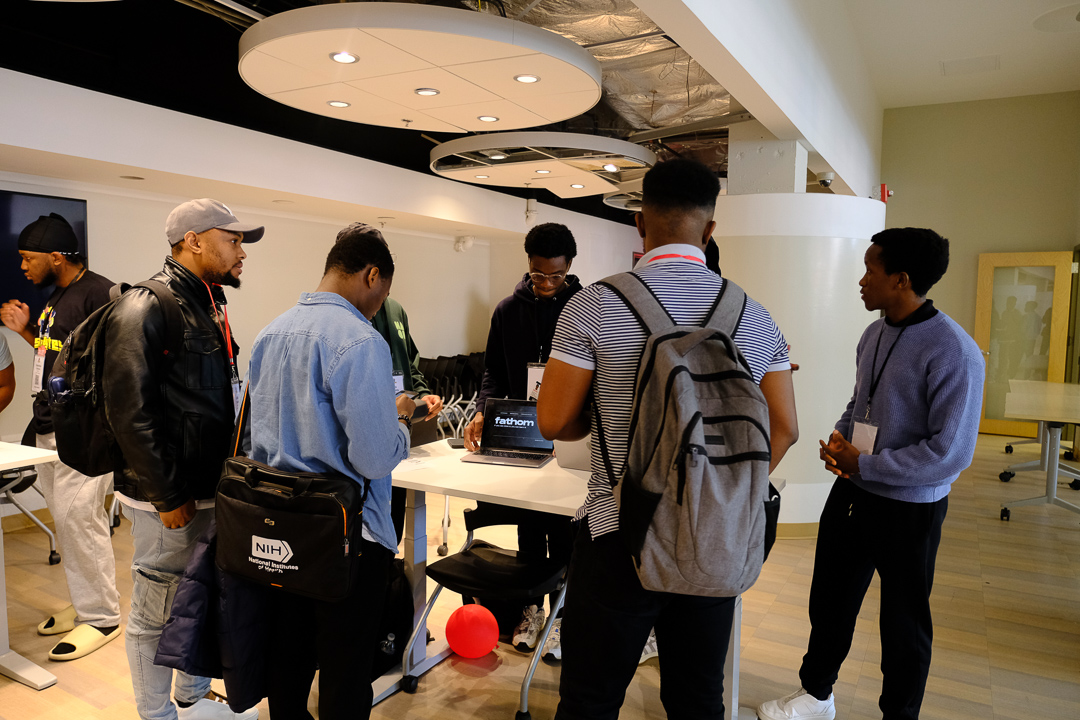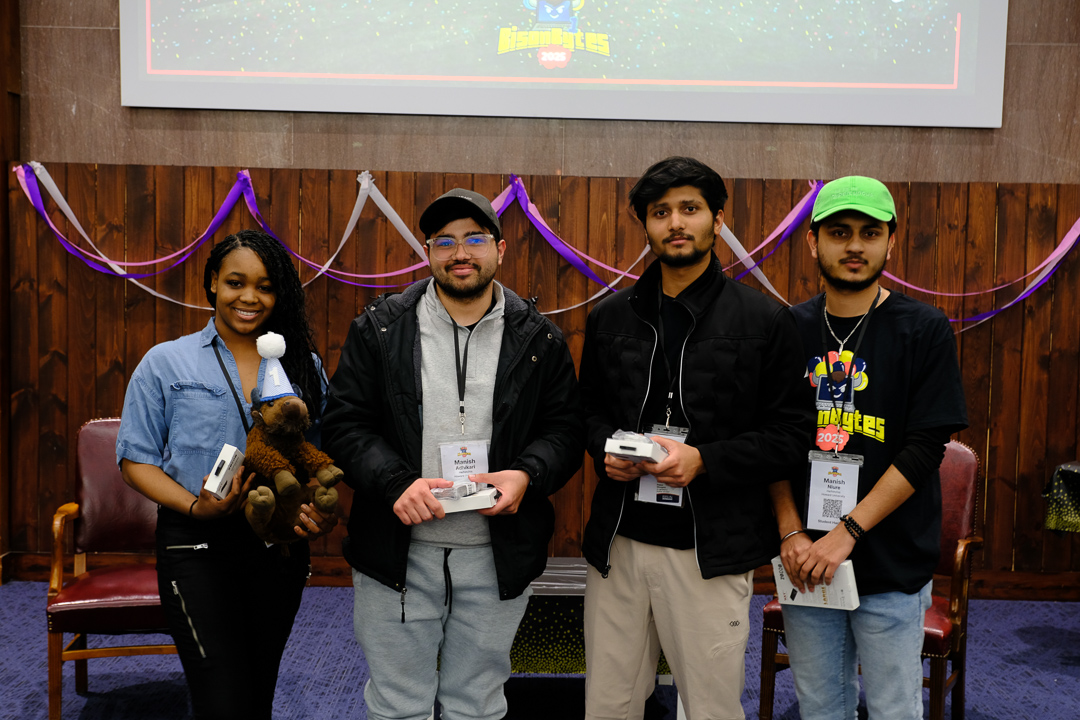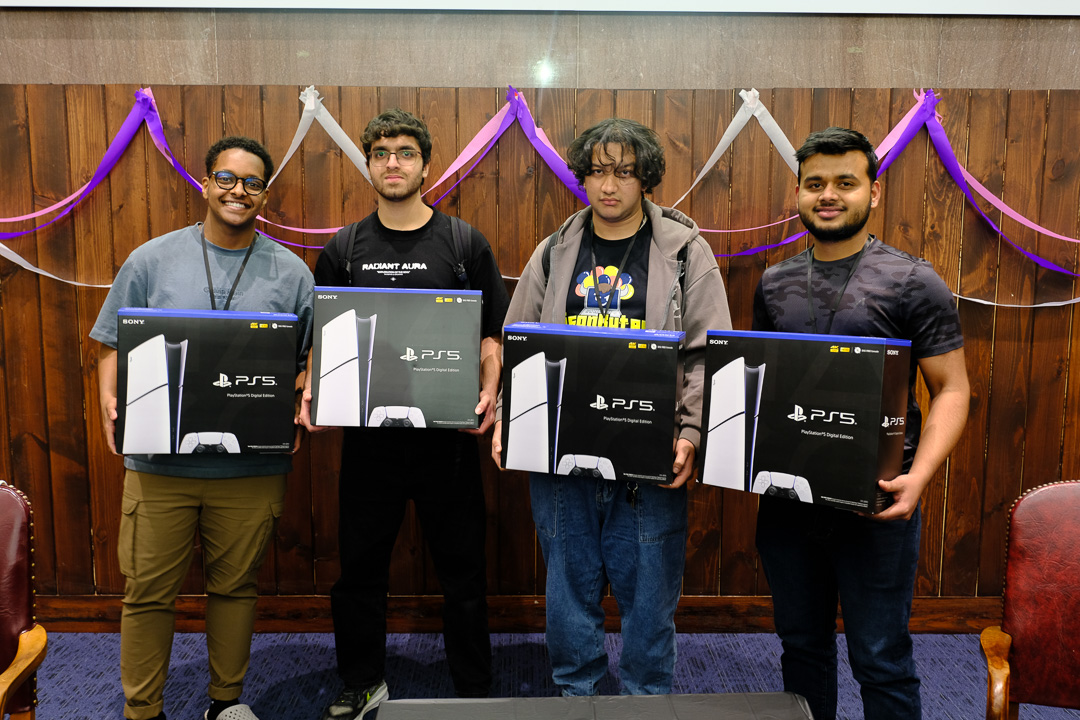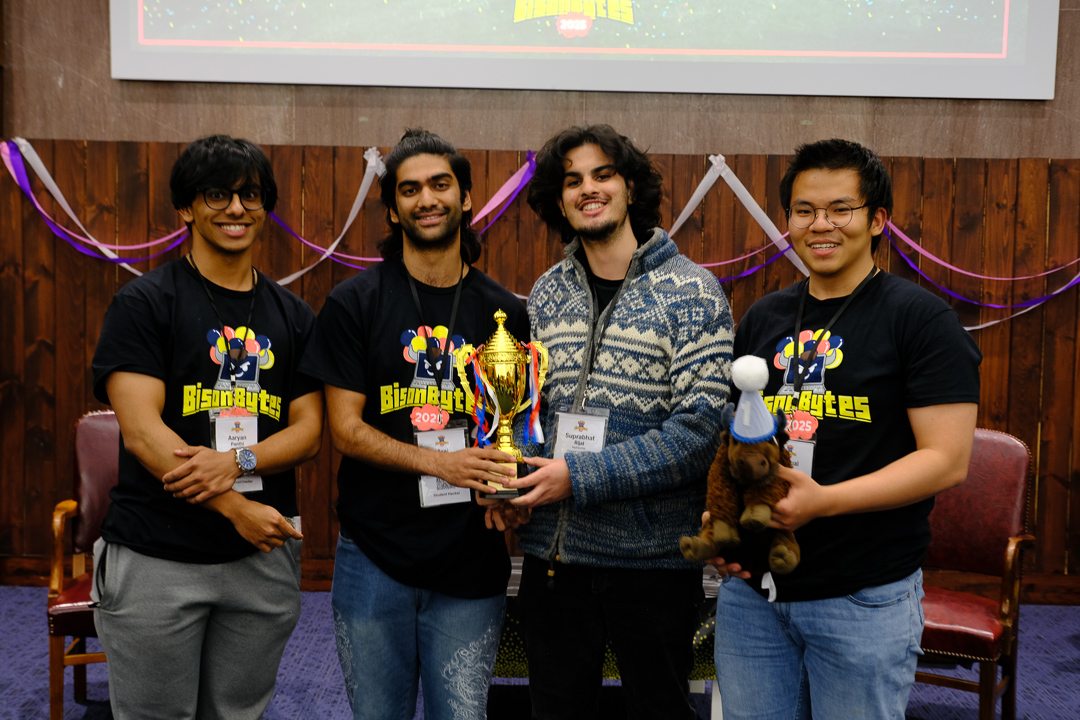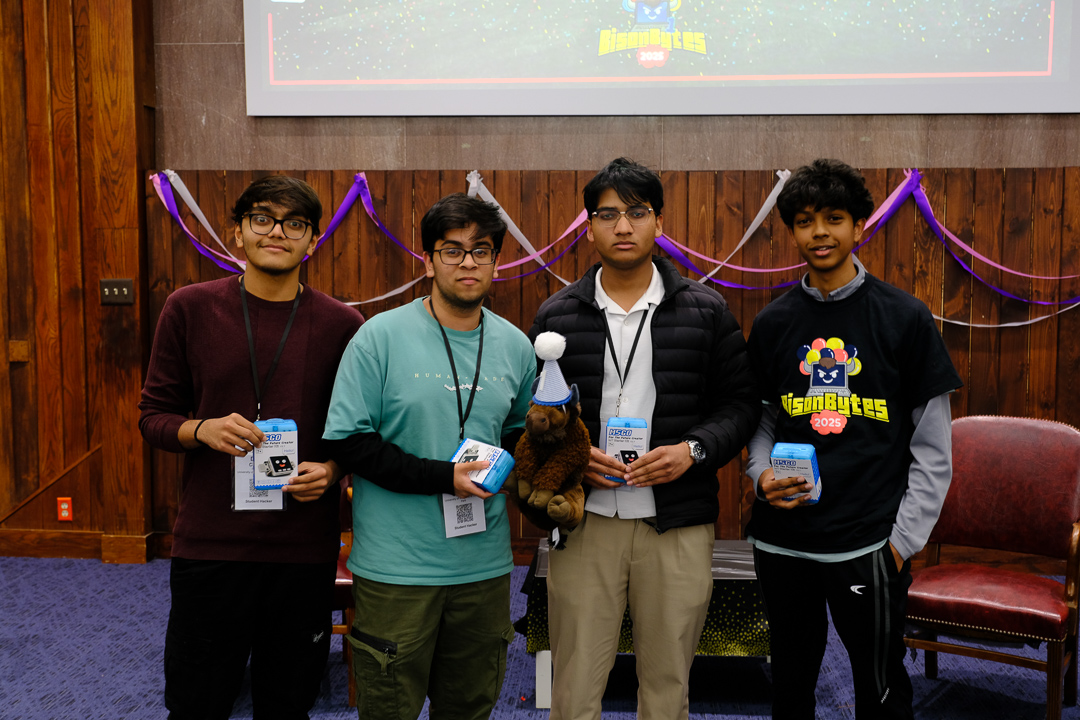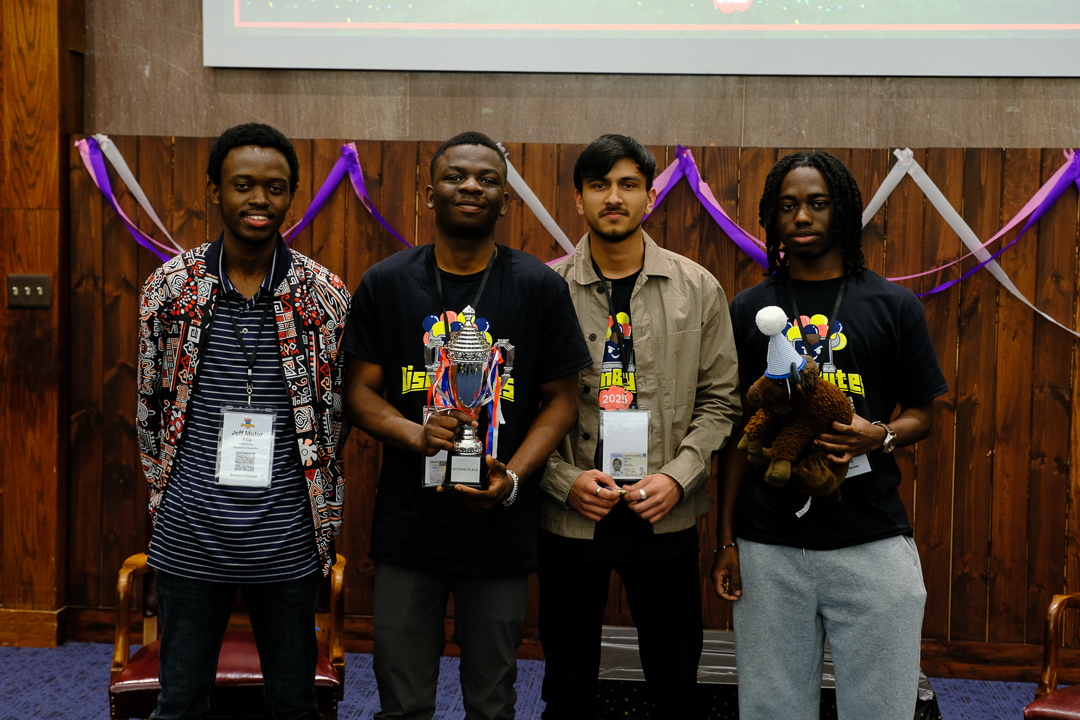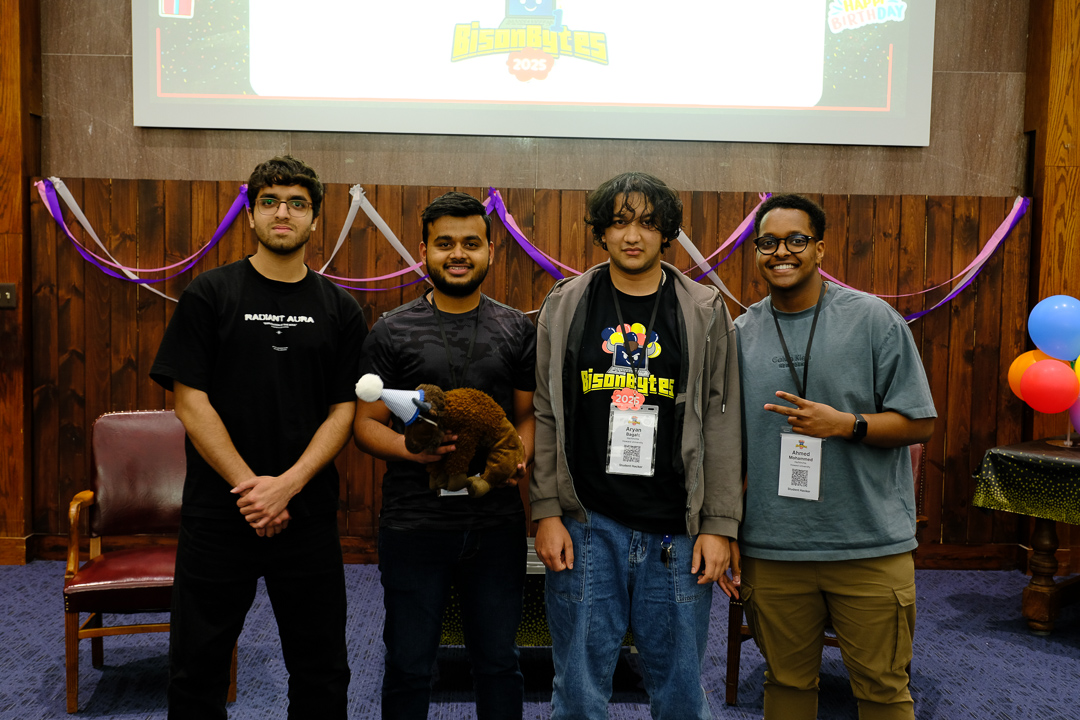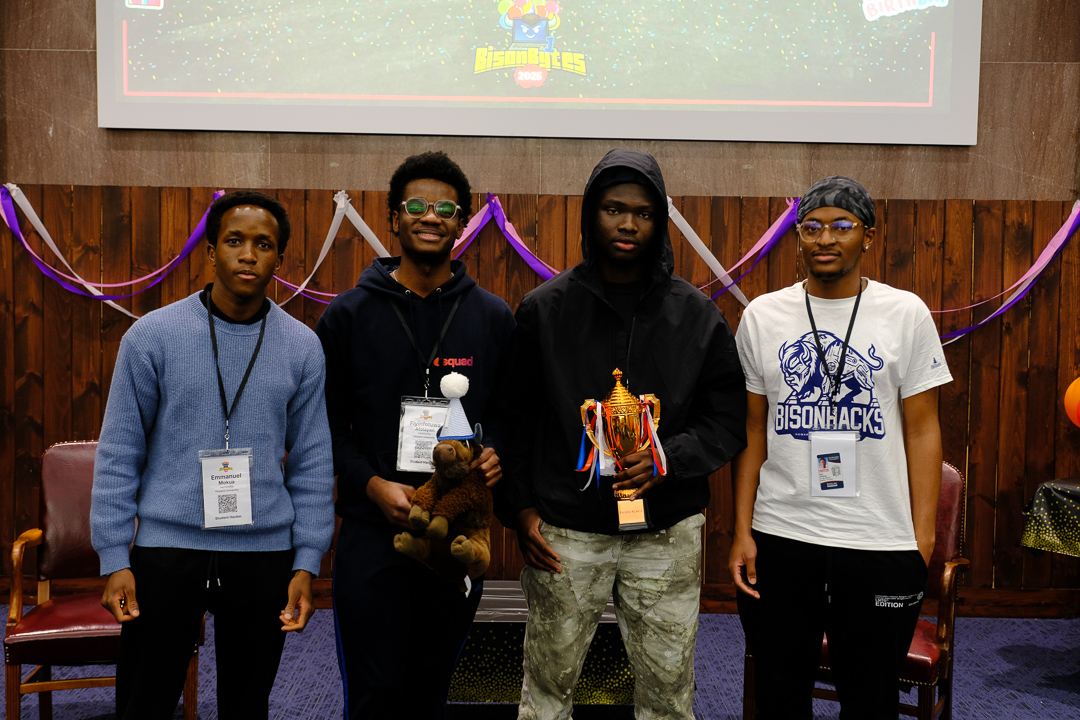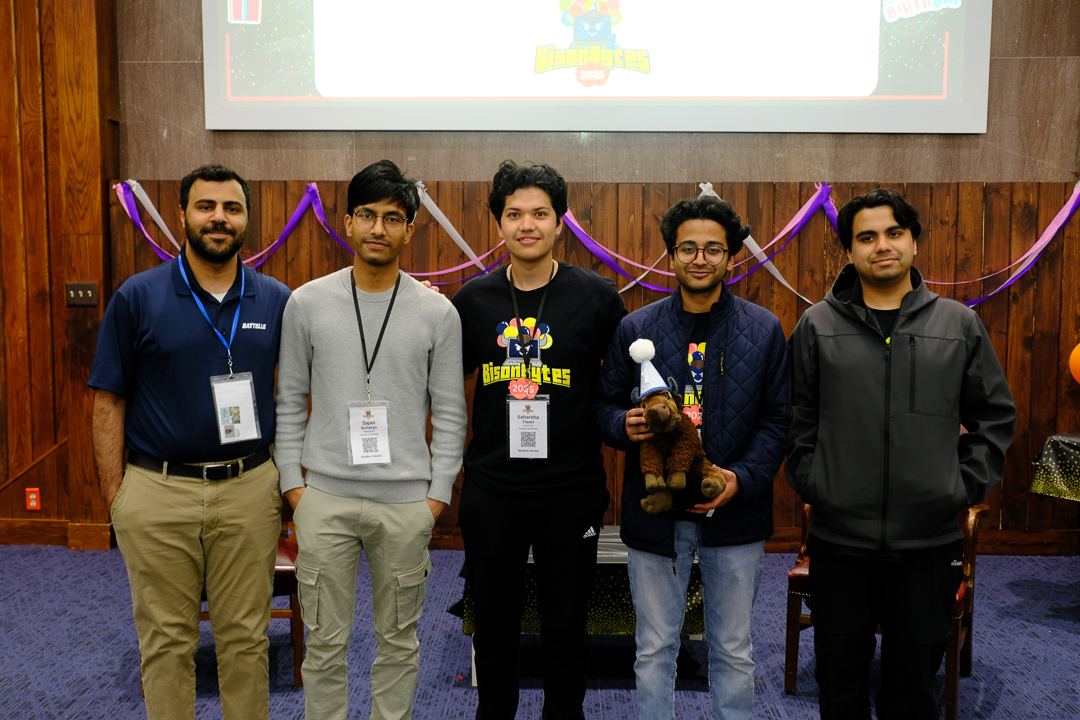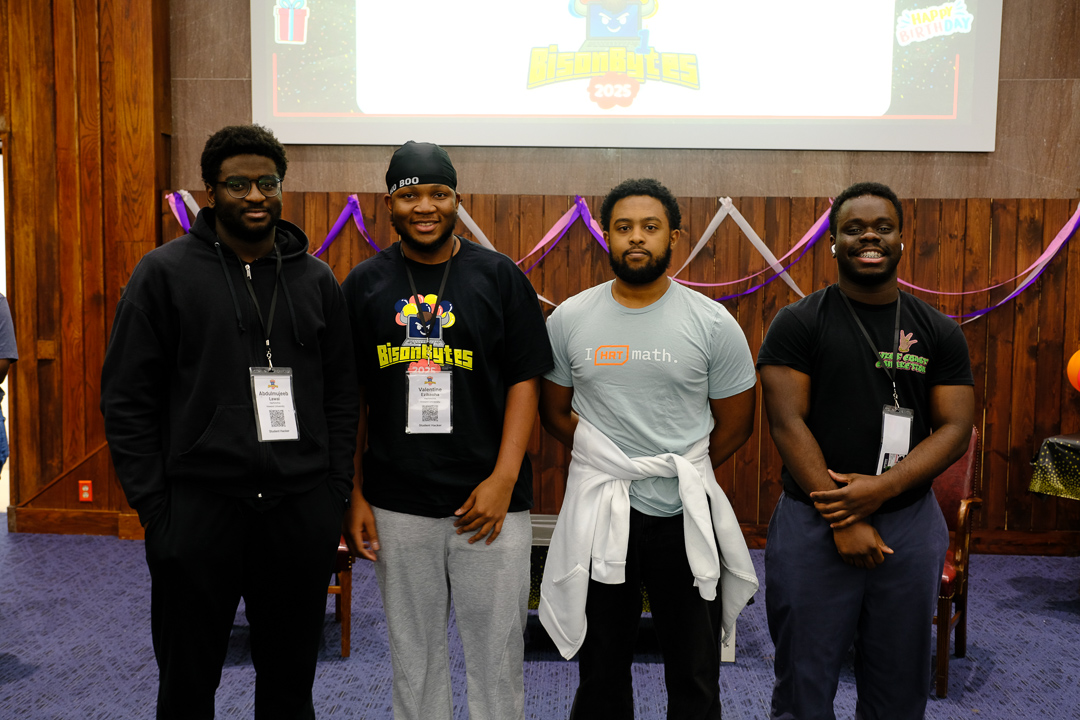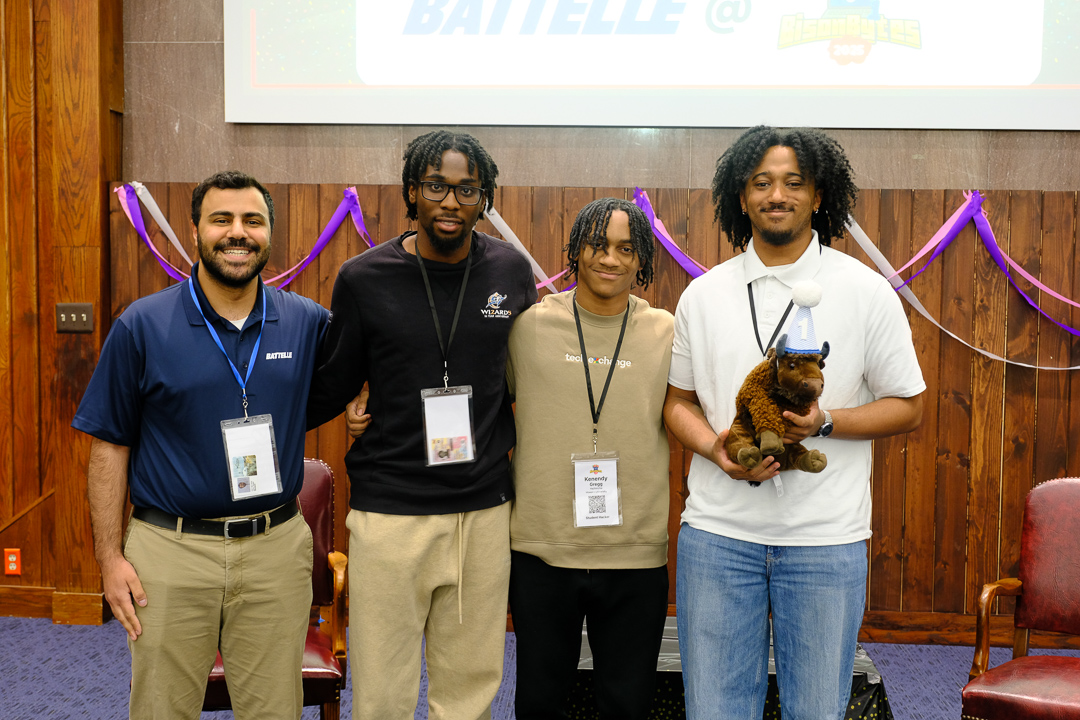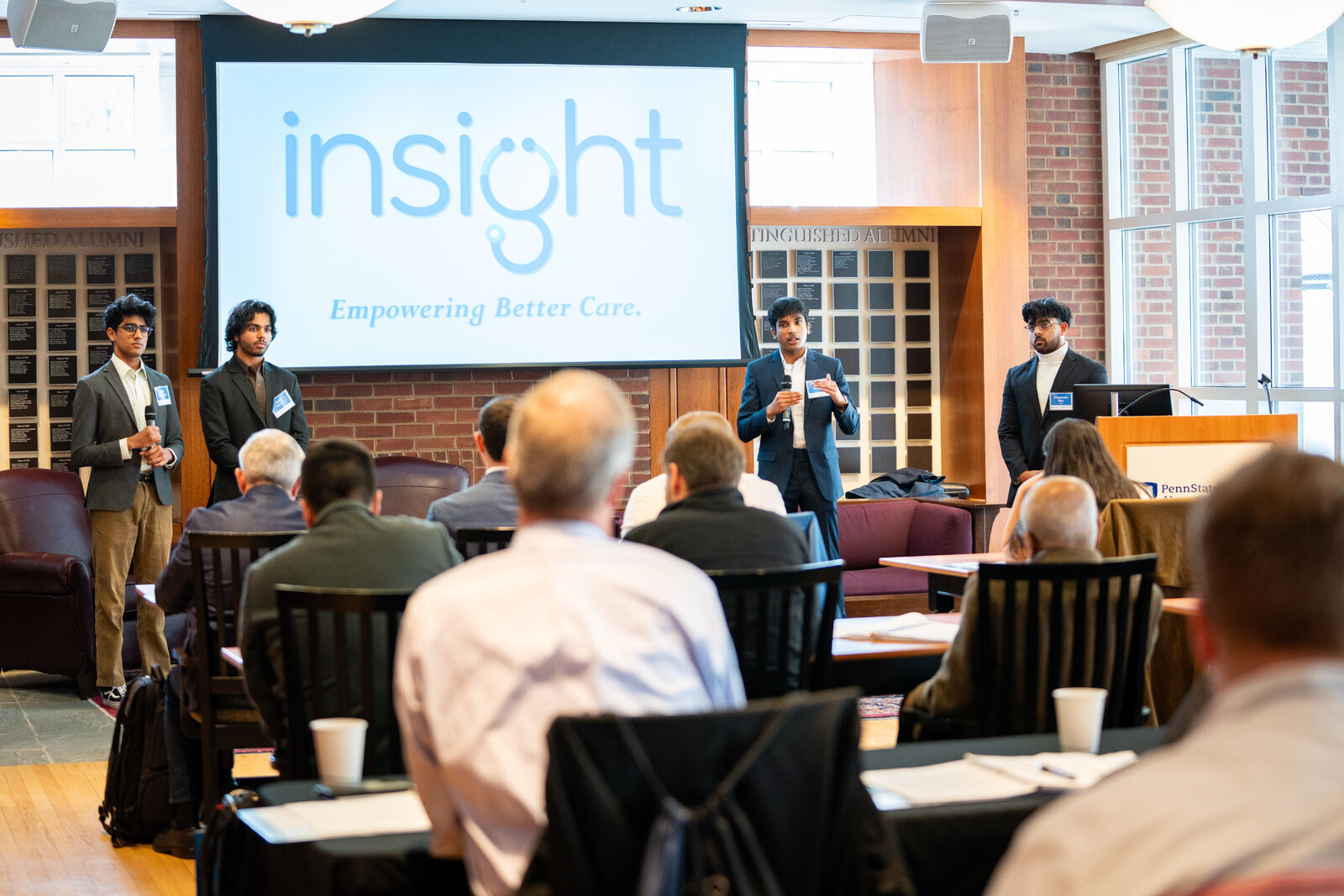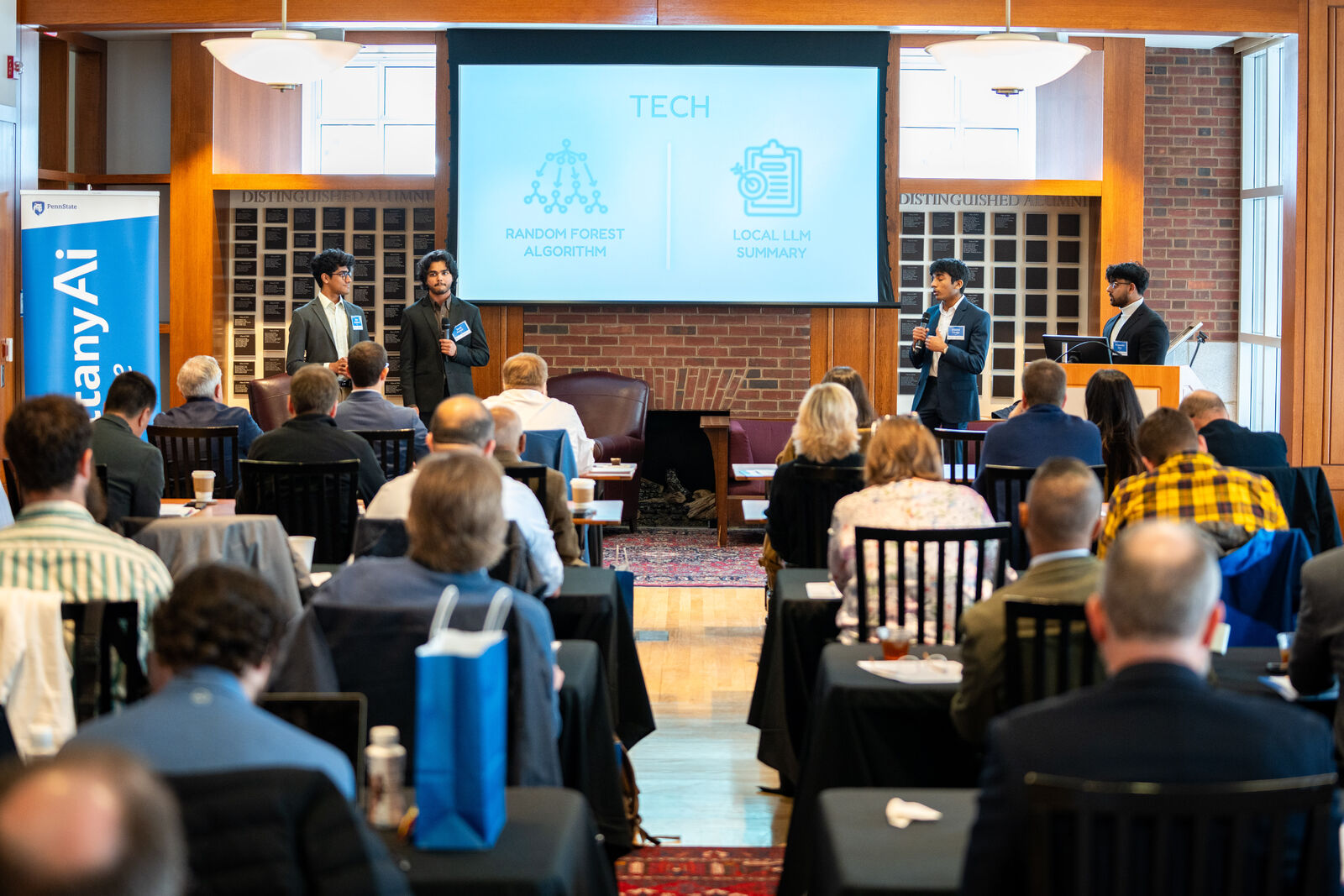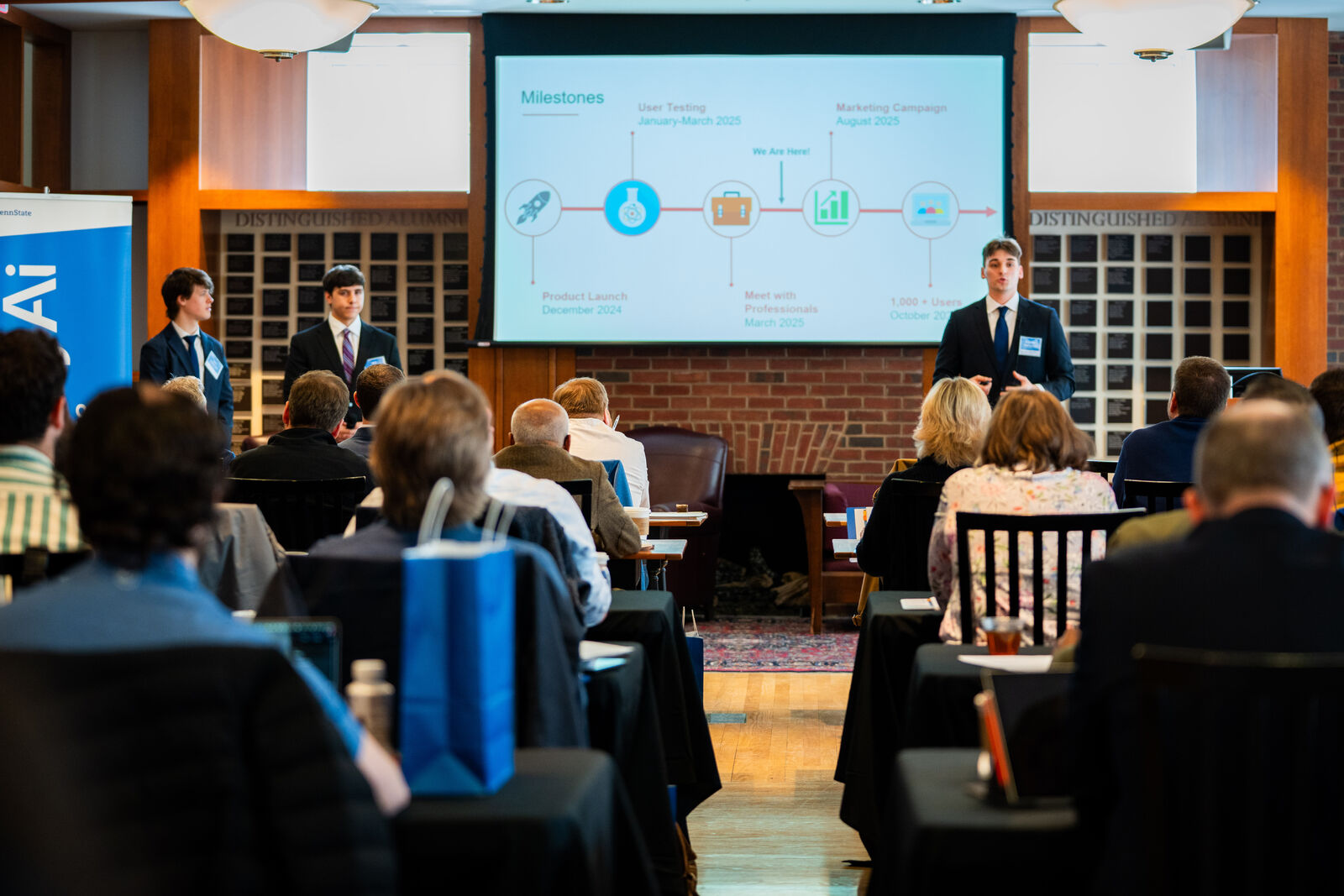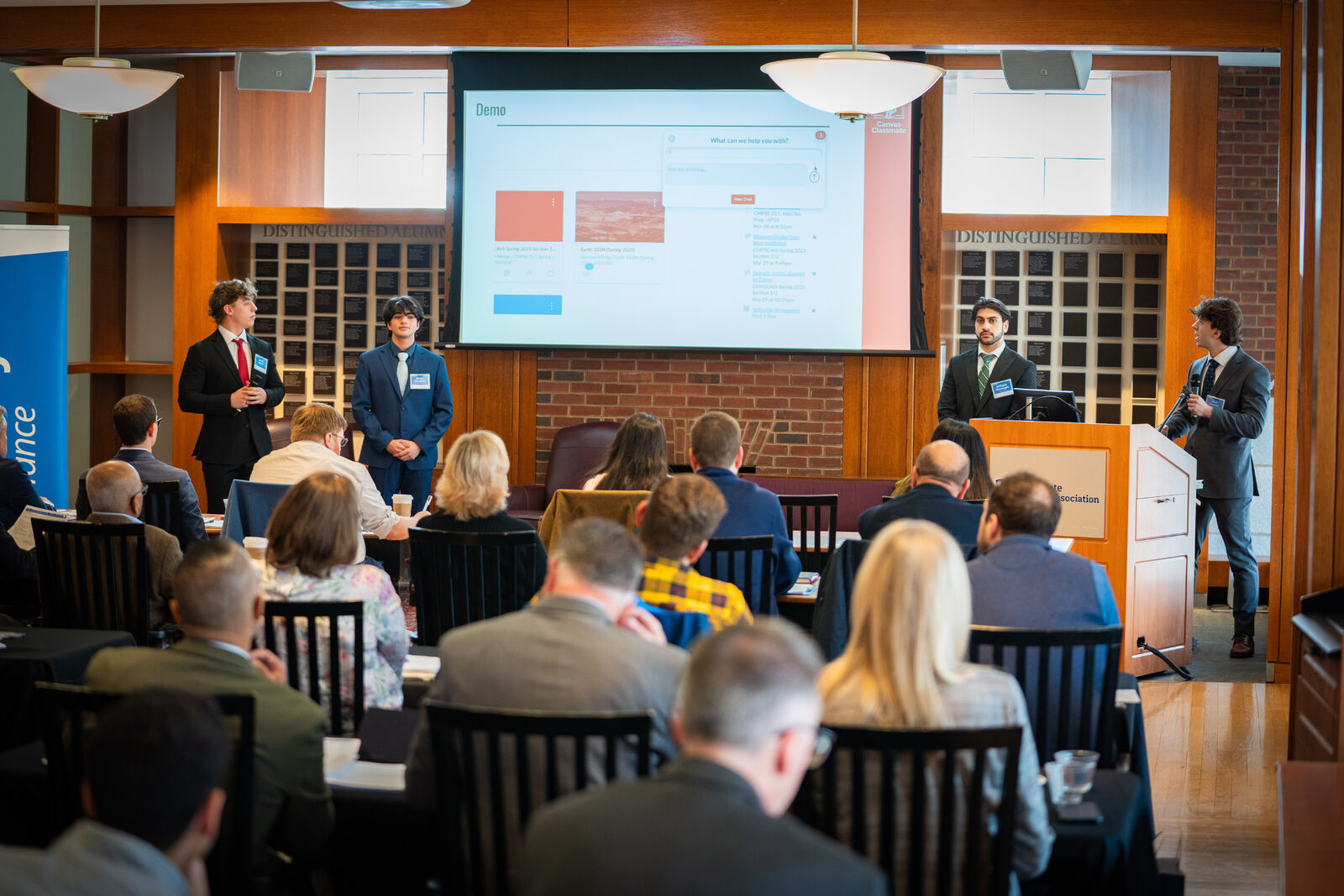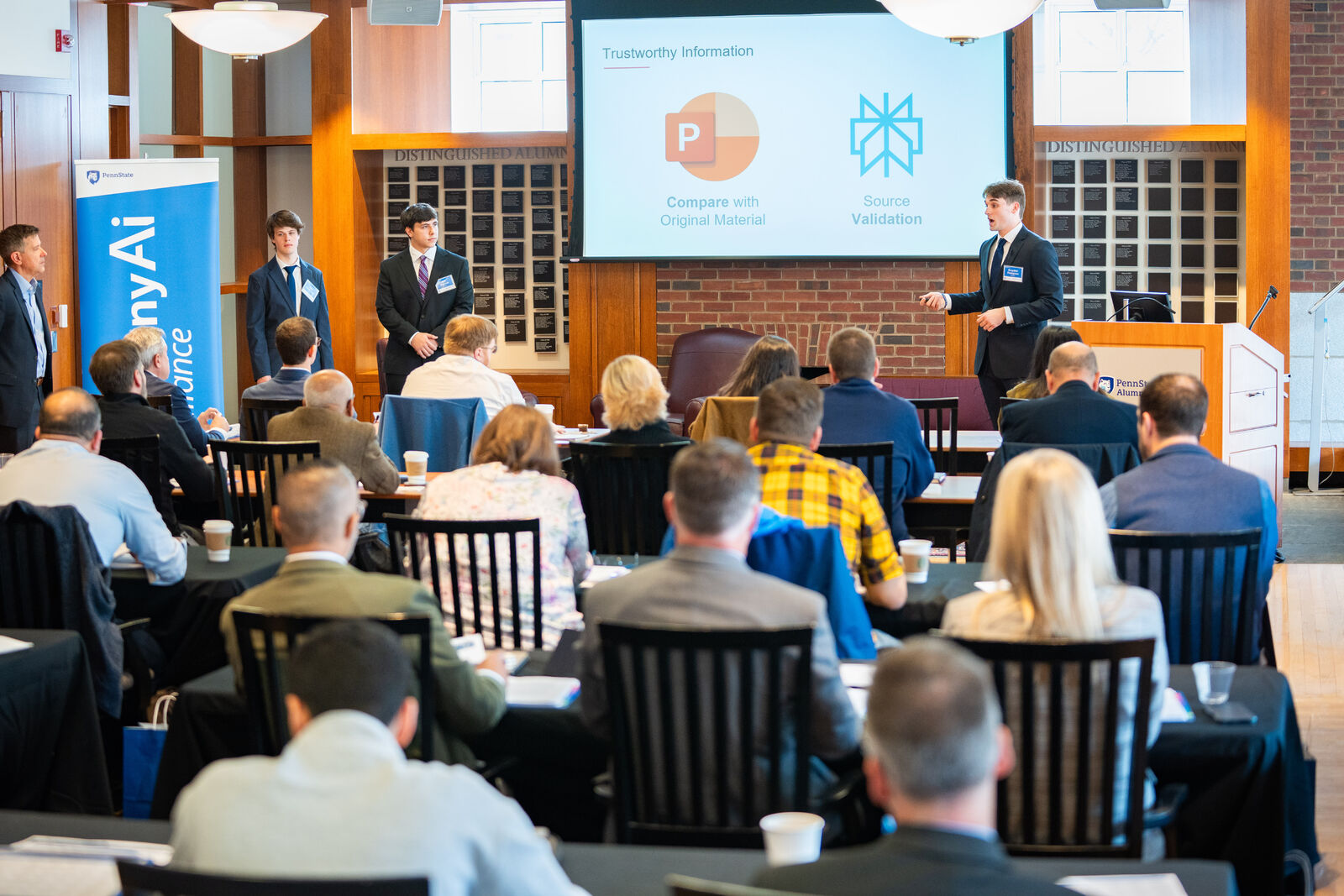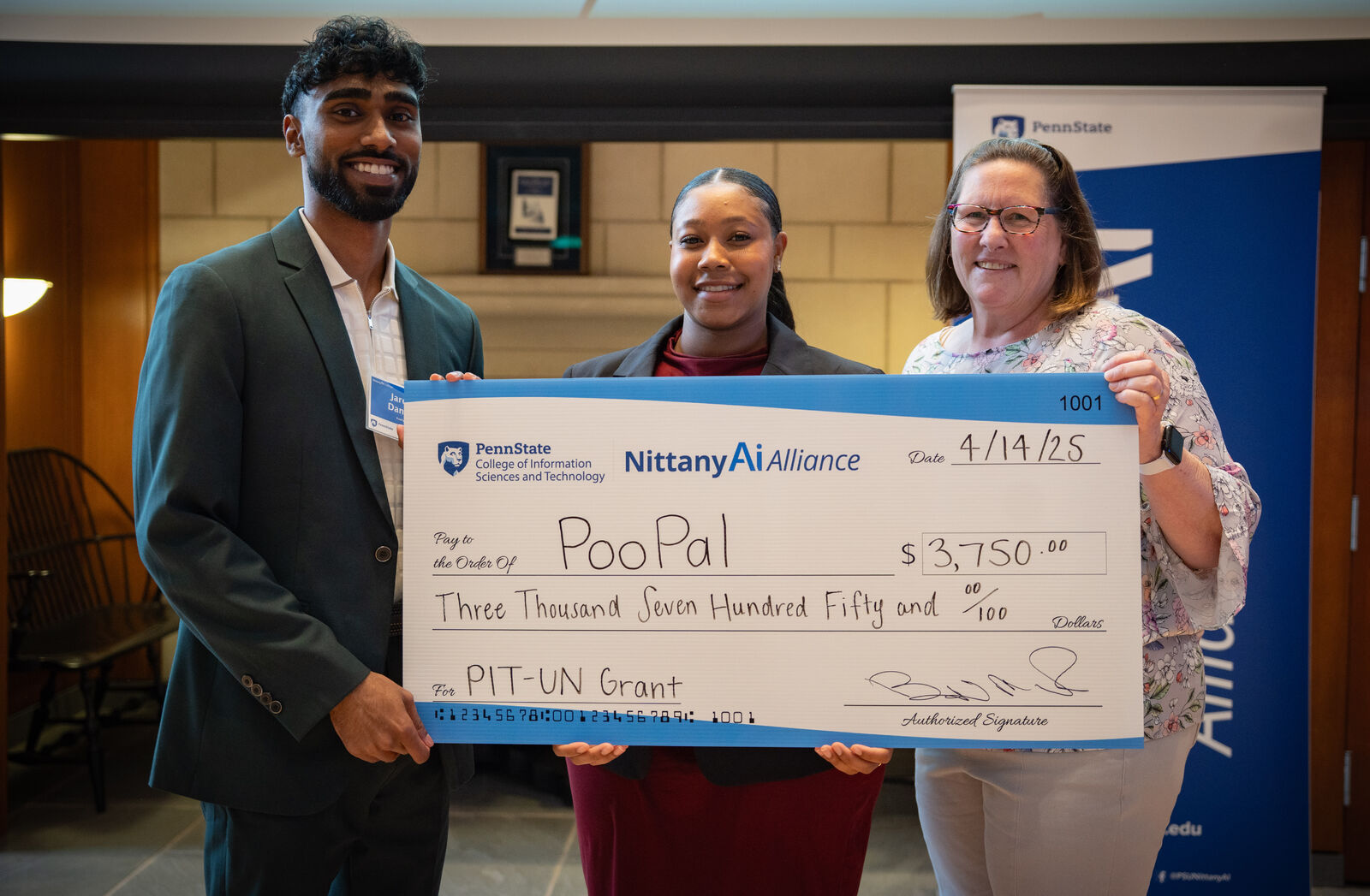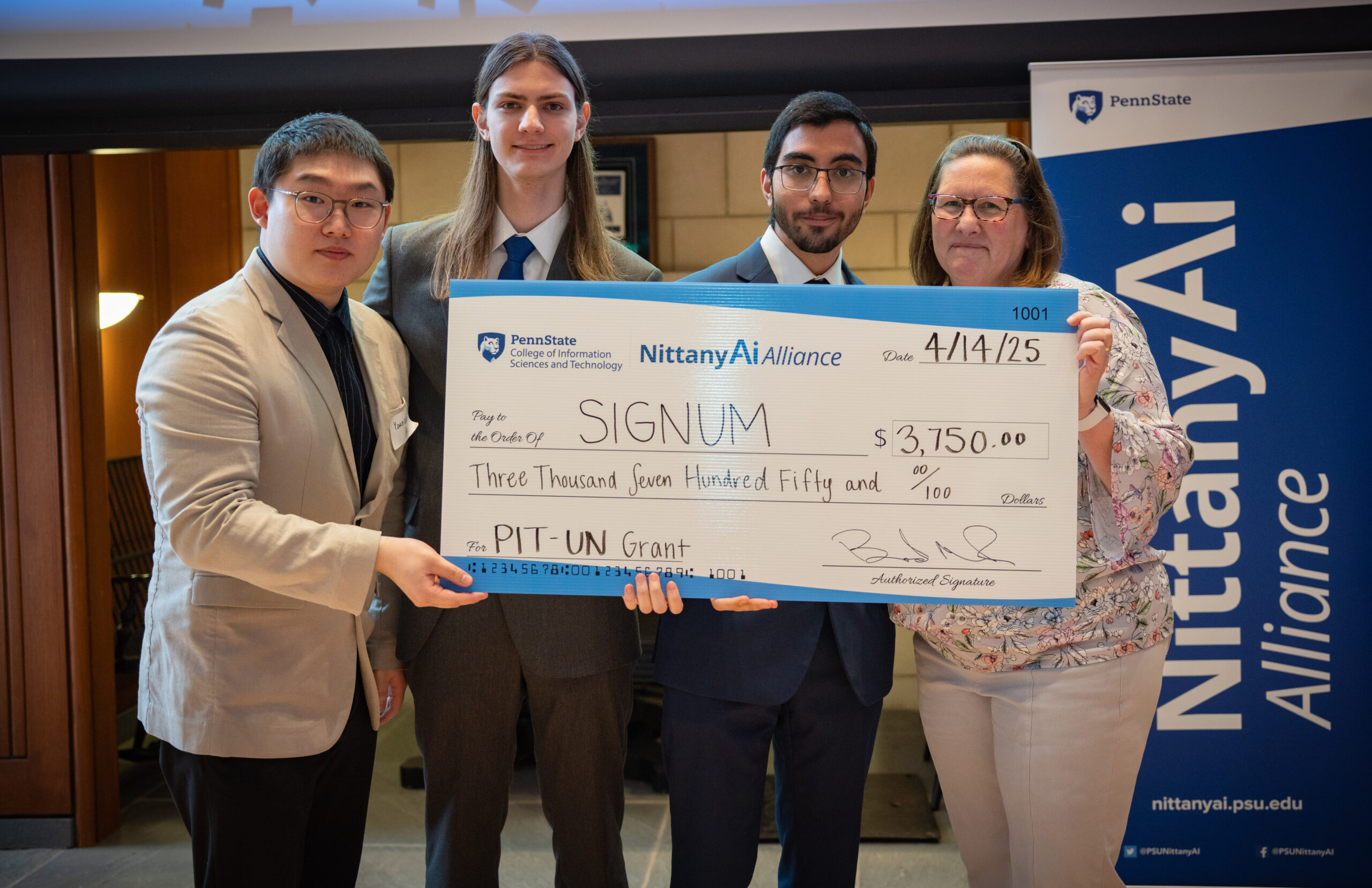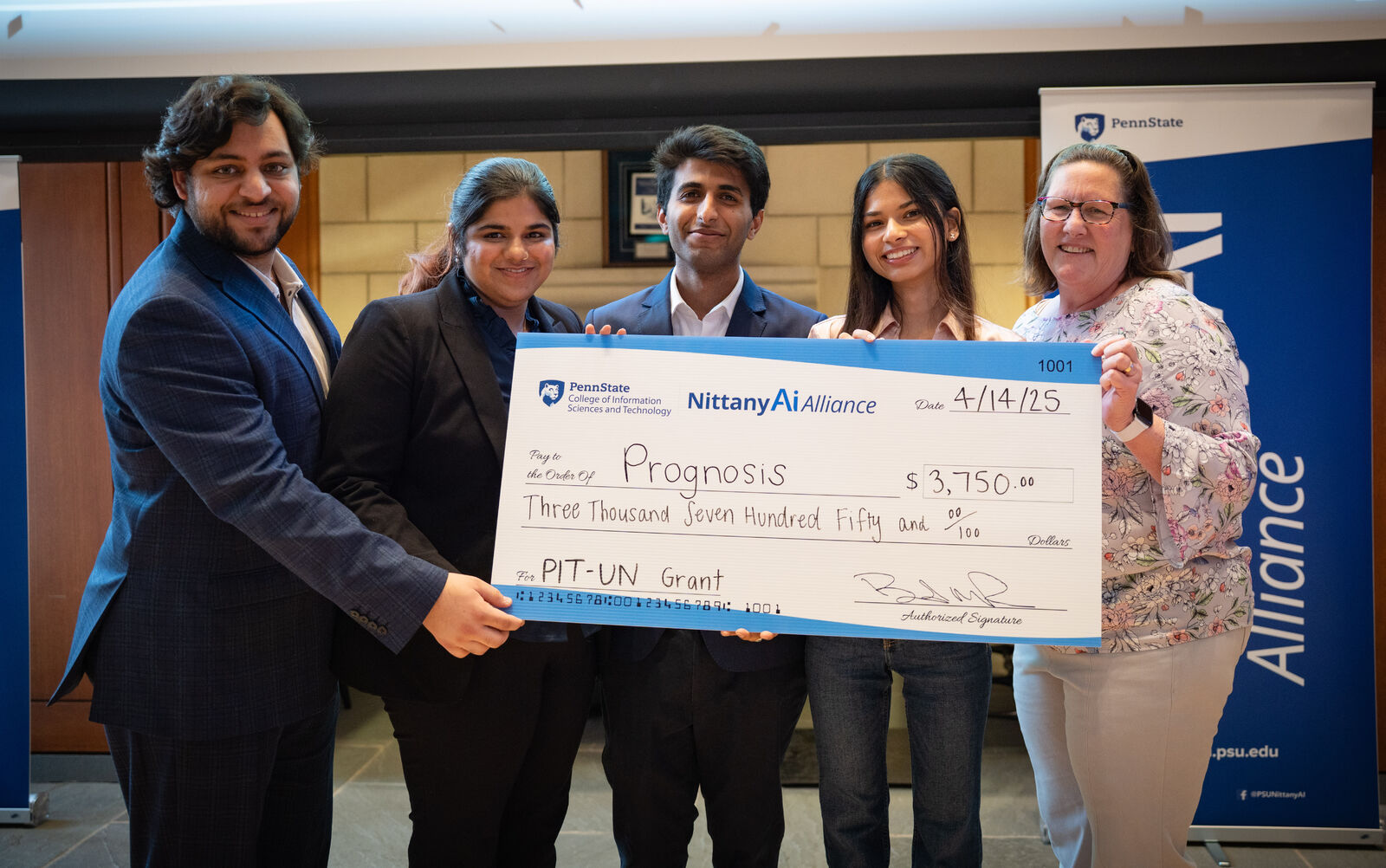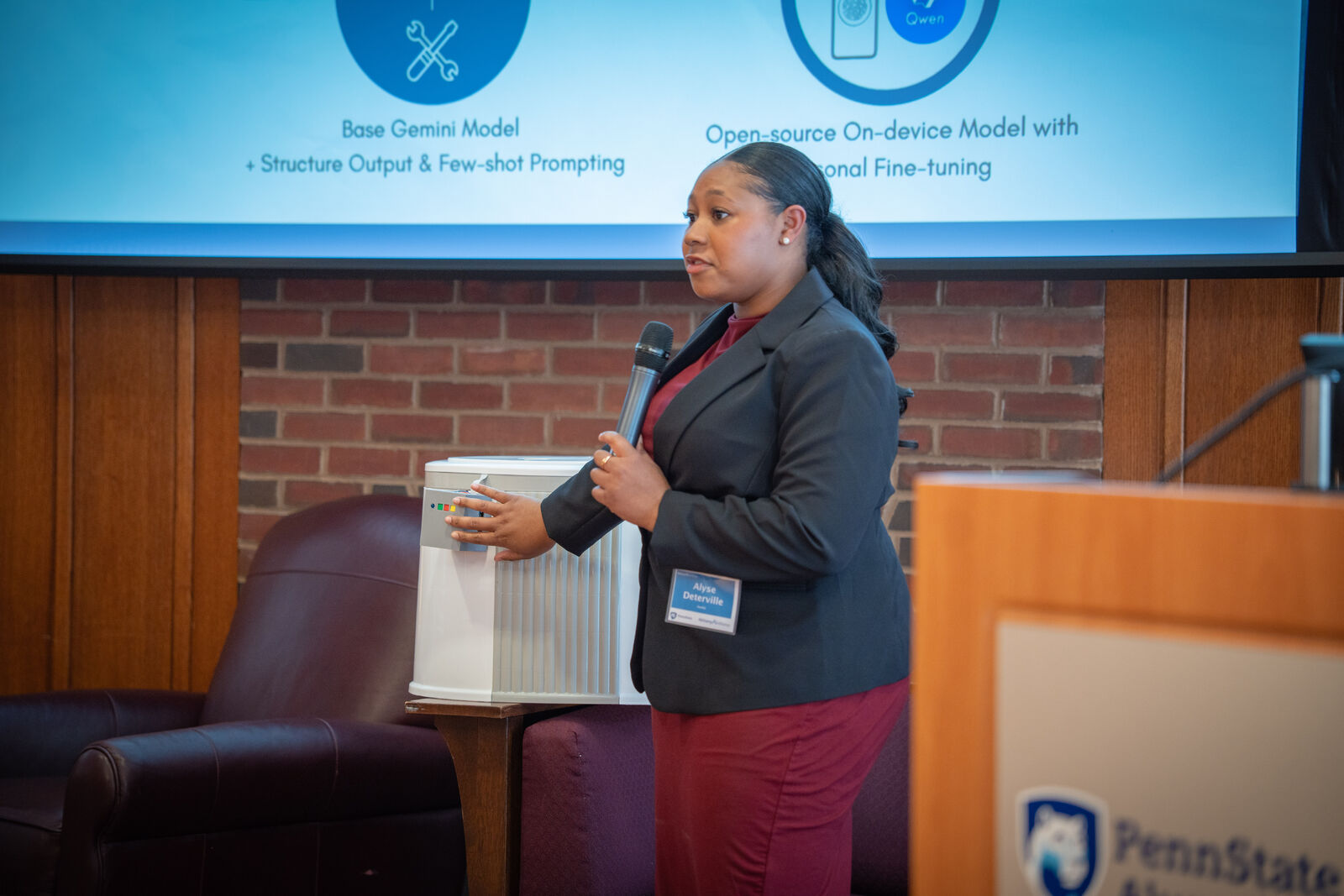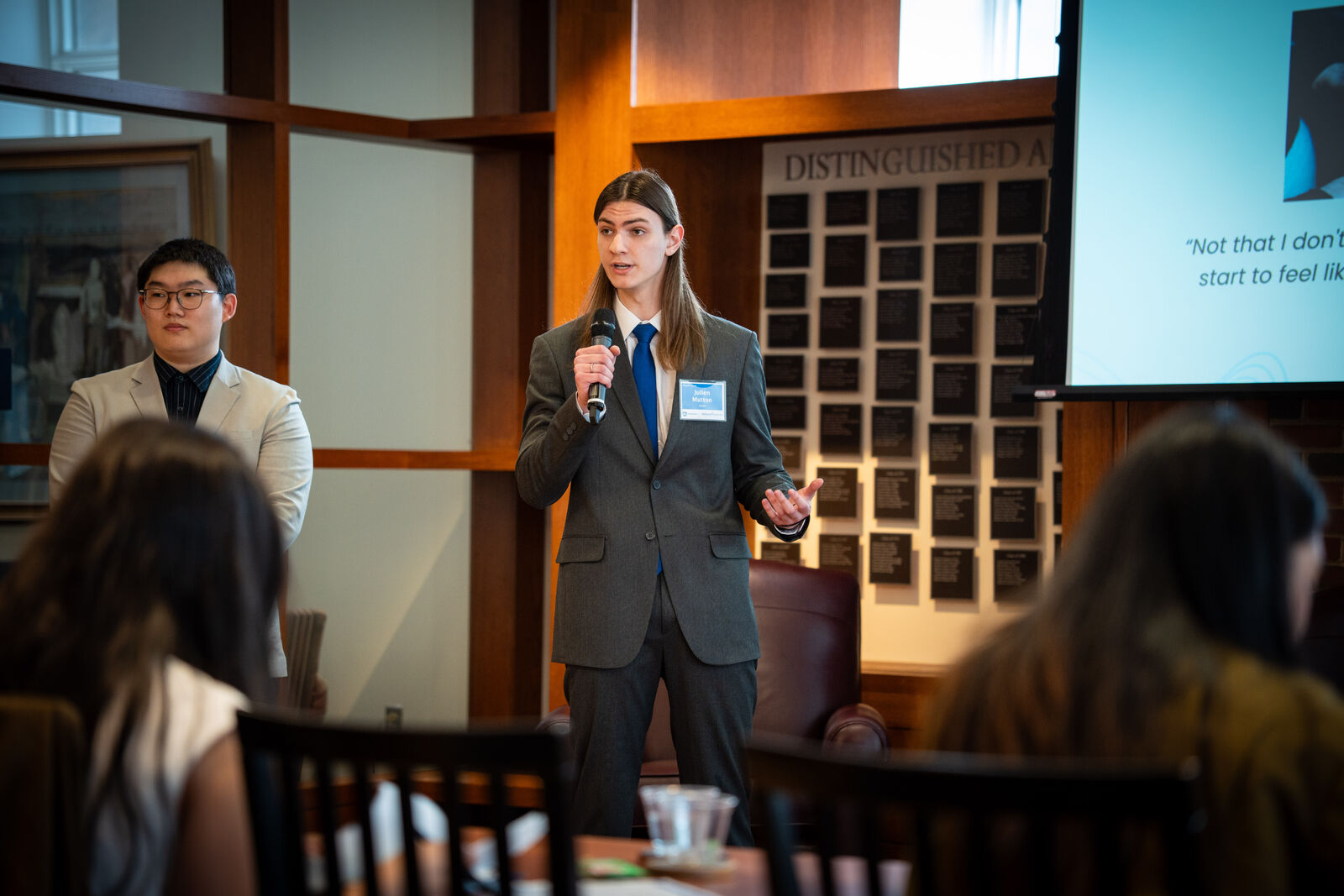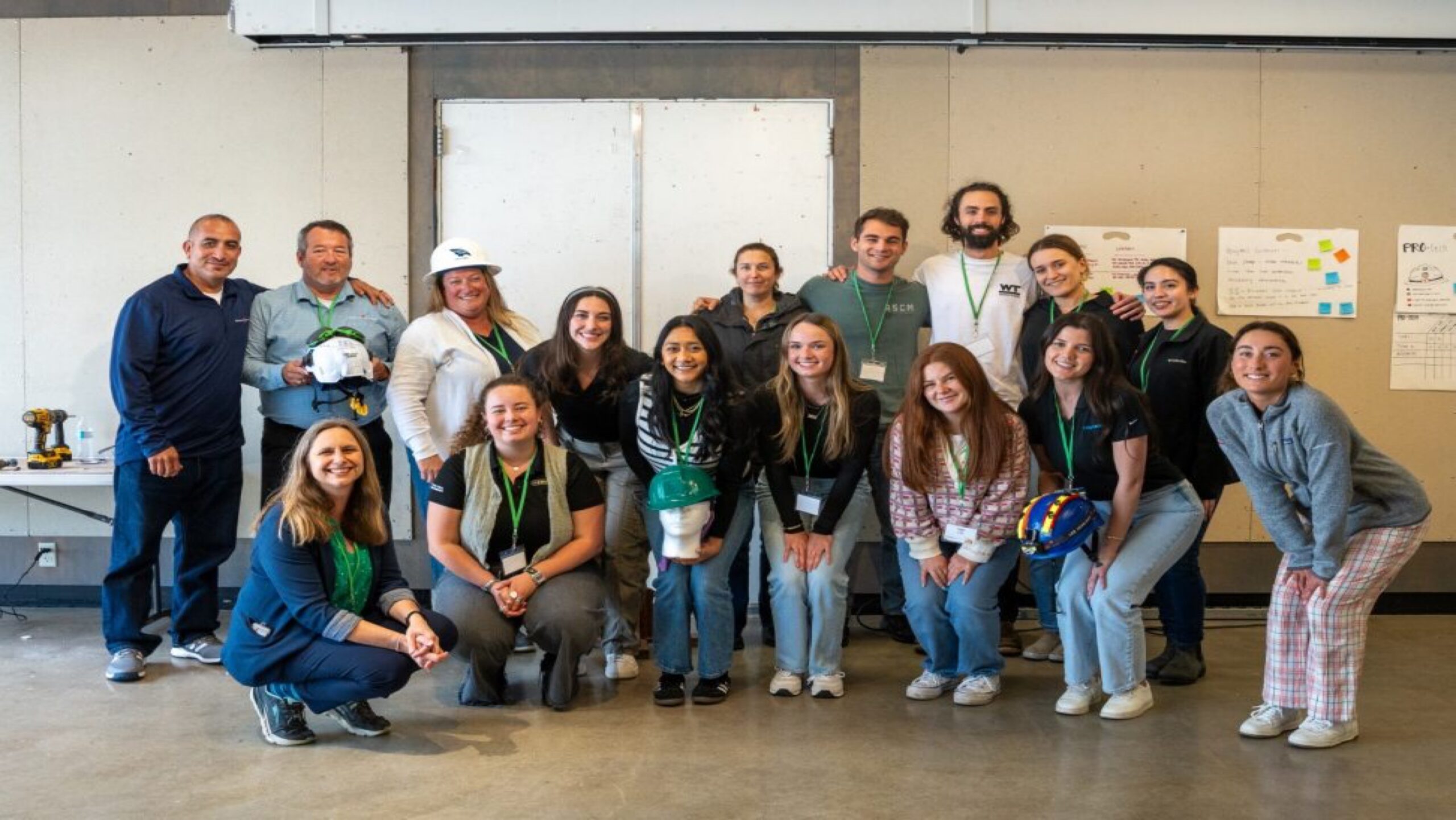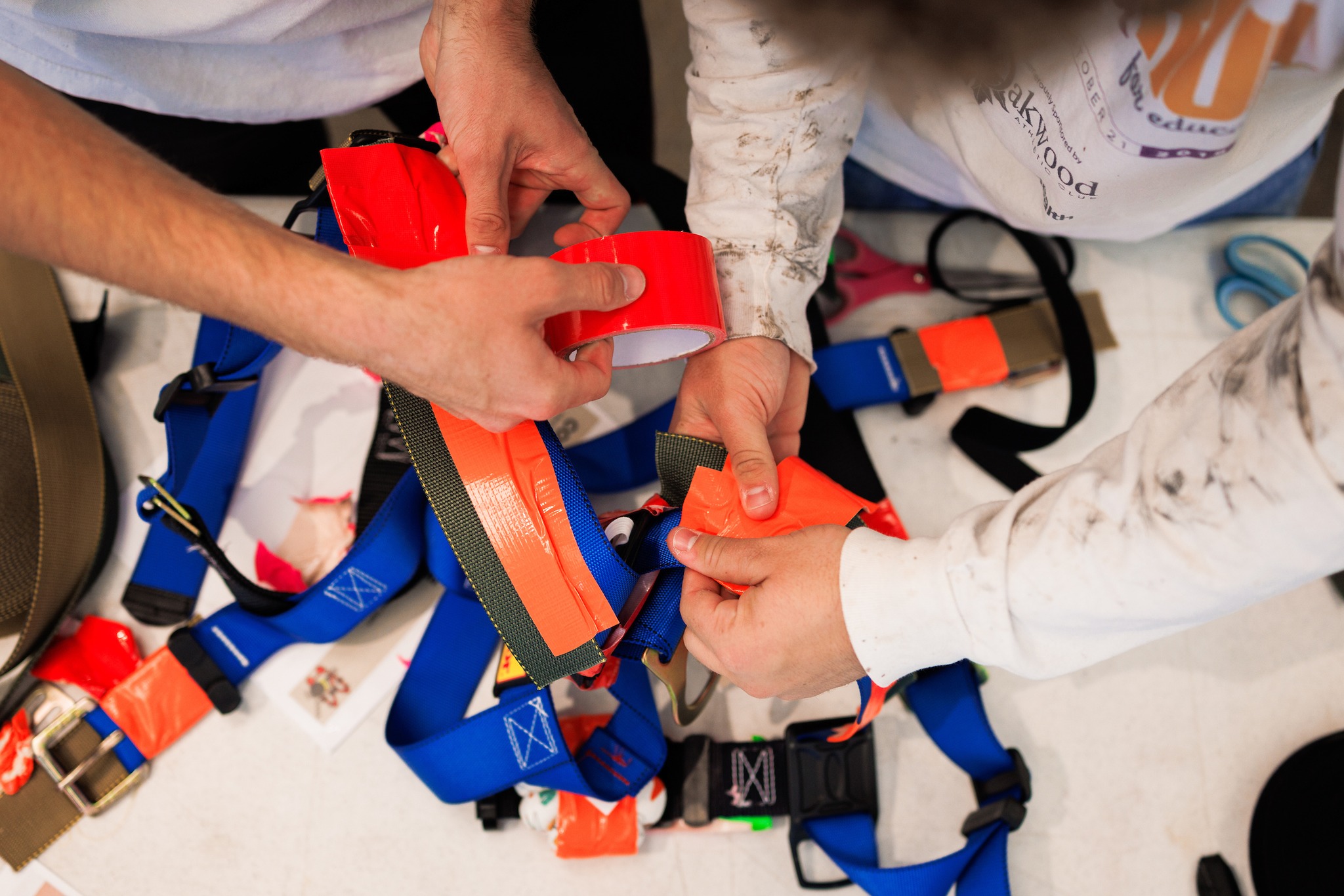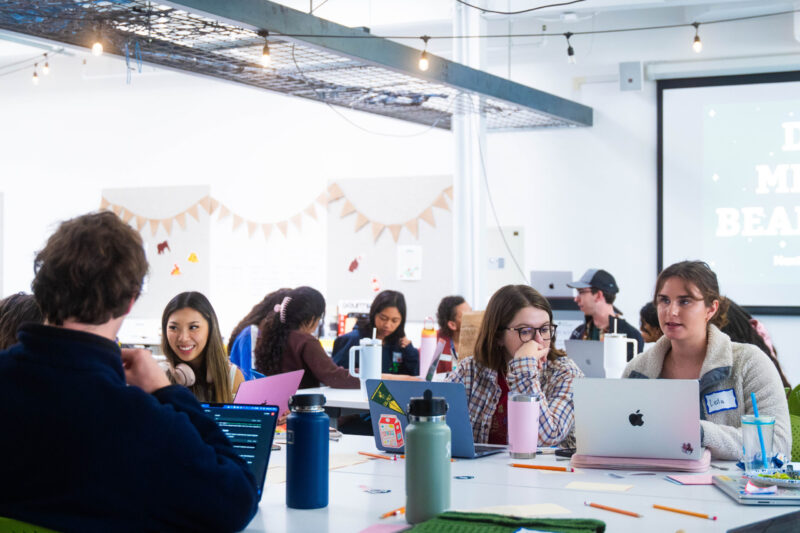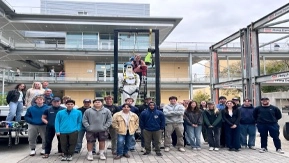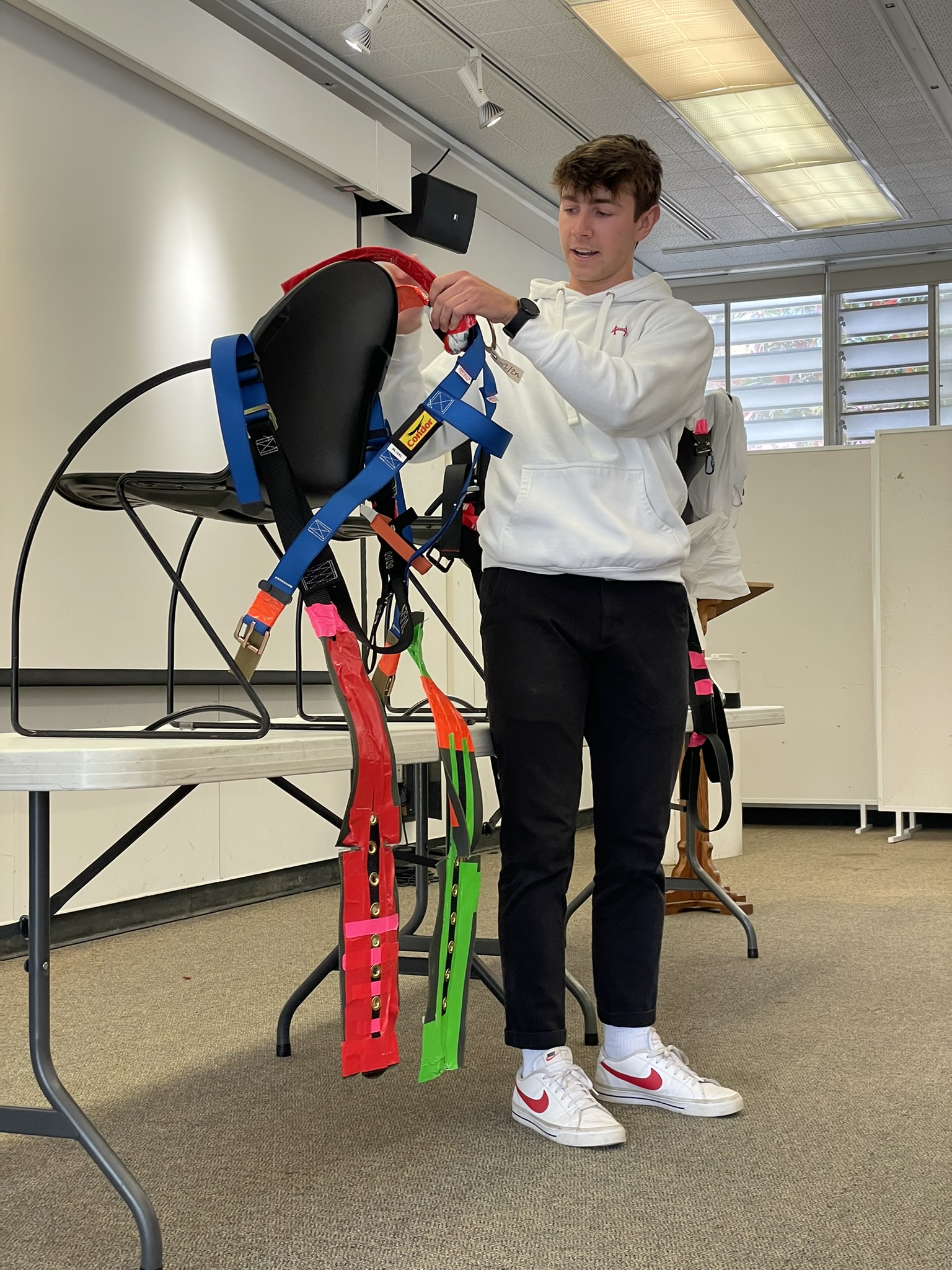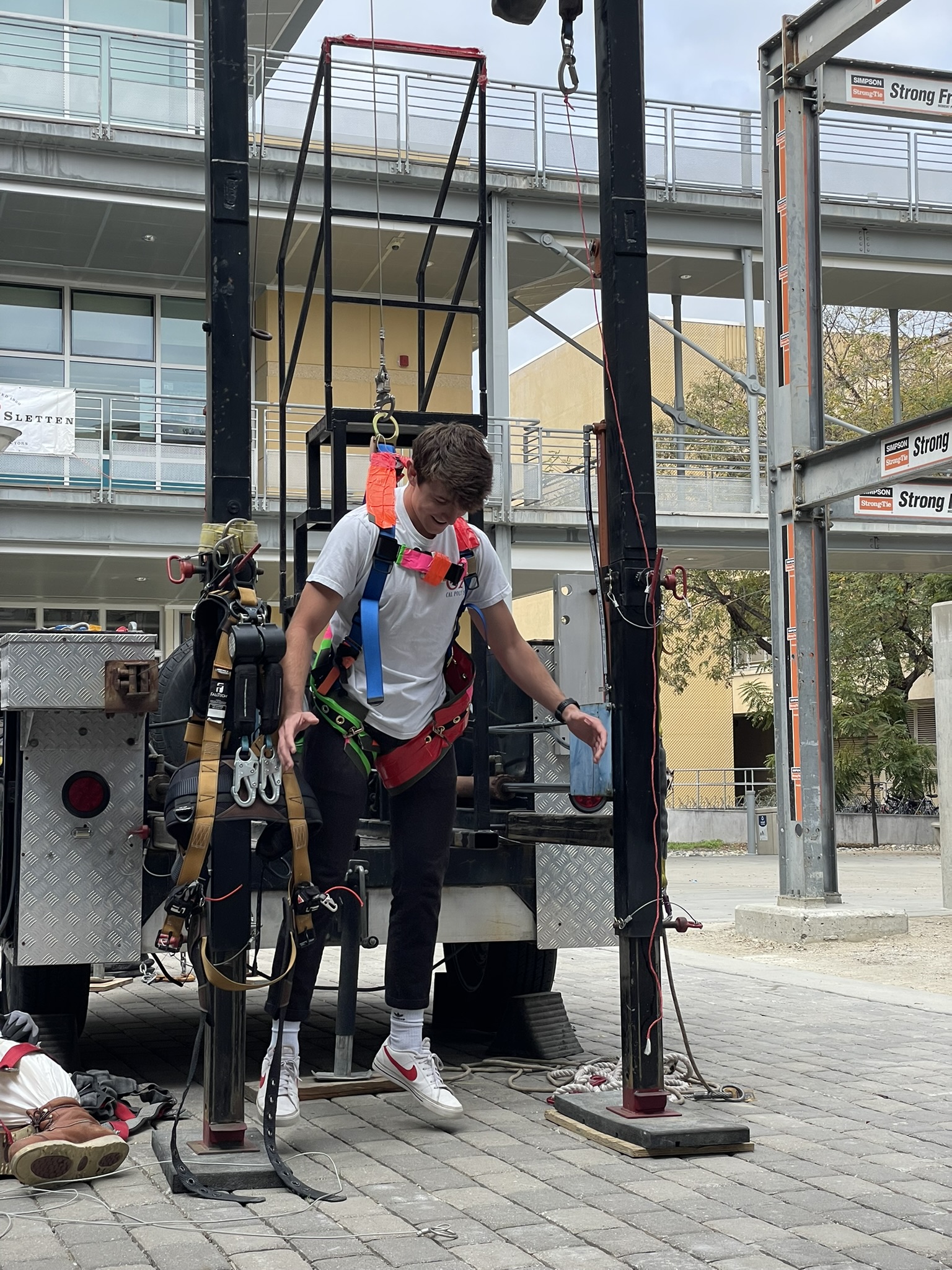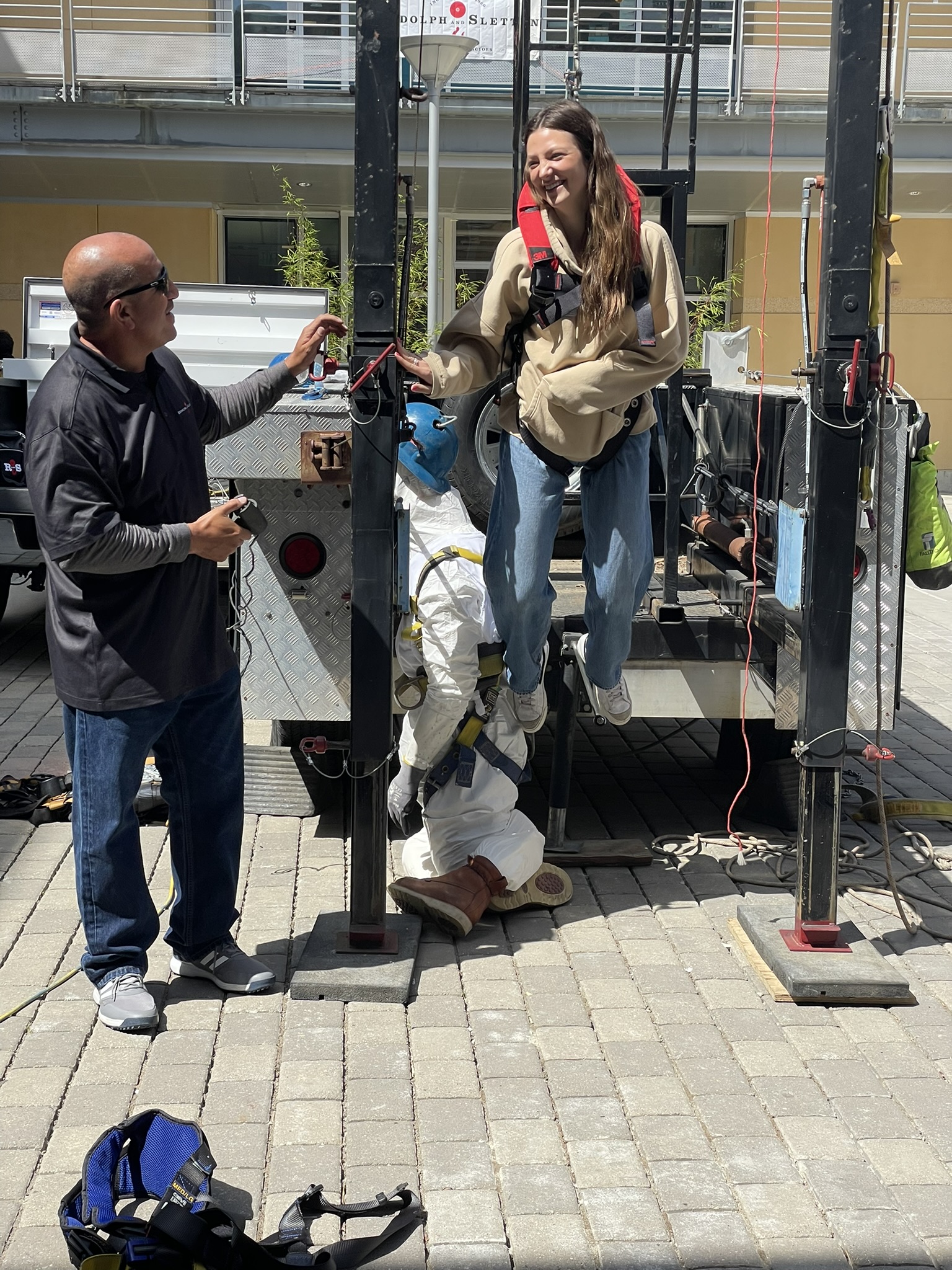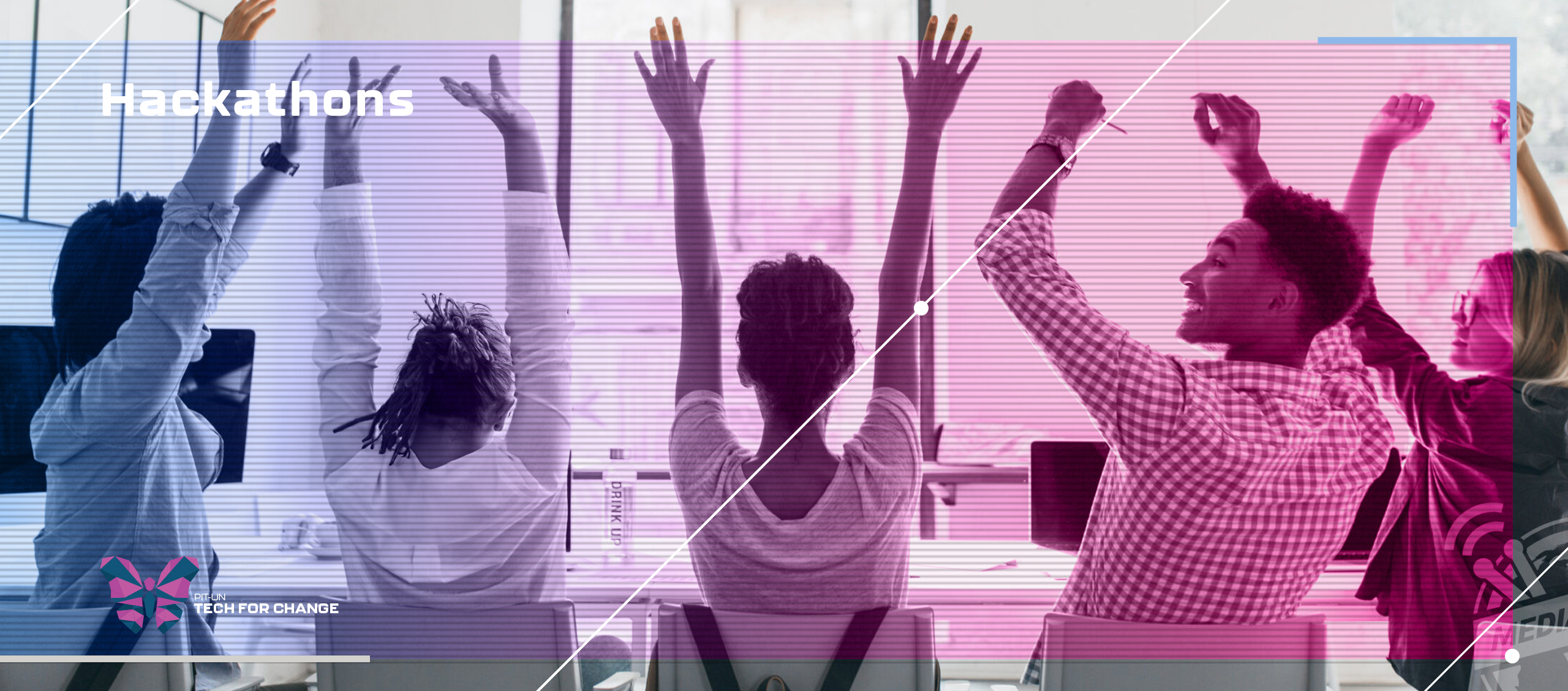
PIT-UN 2026 Tech for Change Hackathons
The following PIT-UN member institutions have been awarded funding to host a Tech for Change Hackathon to engage students from across disciplines in solving community needs. TFC Hackathons are civic-focused, community-driven, and deployed by students to address local injustices.
Please get in touch with the Hackathon lead for each institution for more information.

April 17, 2026
Hackathon Lead: Mohammad Azhar
Professor, Computer Information Systems

March 5-7, 2026
Hackathon Lead: Debanjan Roychoudhury
Adjunct Faculty, Tandon School of Engineering
More information can be found here

March 21, 2026
Hackathon Lead: Cal King
Program Director, OHIO Informal Learning Program
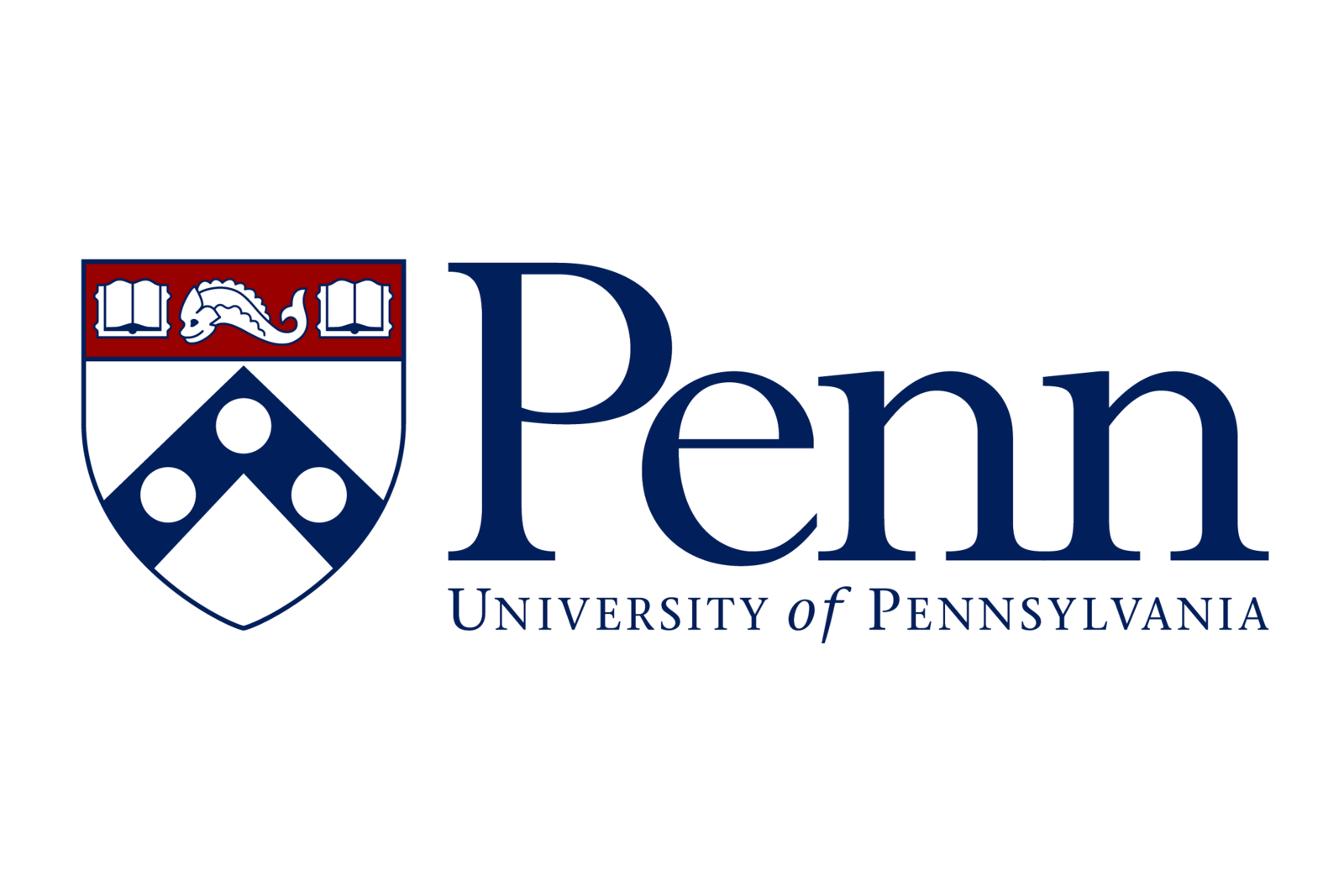
March 27, 2026
Hackathon Lead: Miguel Willis
Innovator in Residence & Lecturer at Law

April 9, 2026
Hackathon Lead: Kathryn Flody
Director, Whole of Government Center of Excellence
Photos from the 2025 Tech for Change Hackathons
California Polytechnic State University, Howard University, Pennsylvania State University
The Tech for Change Hackathon is a program within the Public Interest Technology University Network, a project of the New Venture Fund (NVF), a 501(c)(3) public charity that supports innovative and effective public interest projects.
Tech for Change Hackathon Core Elements
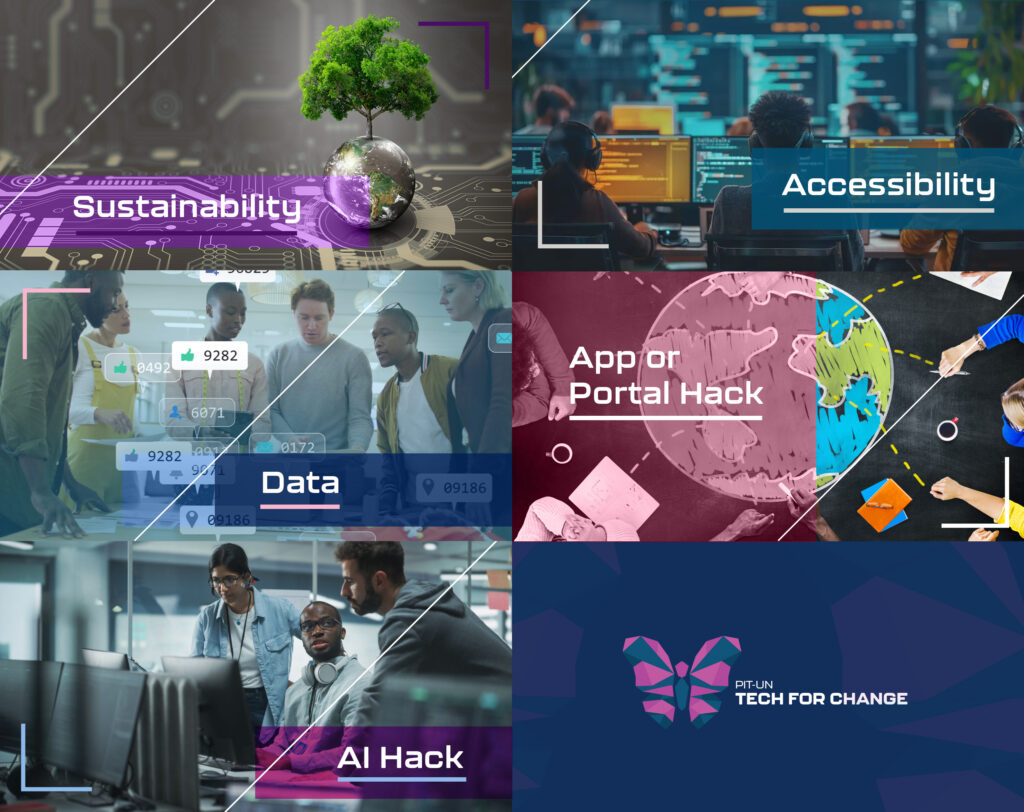
Tech for Change Hackathons are civic-focused, community-driven, and deployed by students to address local public interest technology challenges. Tracks and issue area prompts are equity and values-centered while encouraging relationship building between students and the community. PIT-UN Tech for Change Hackathons focus on three specific areas:
- Engaging community members (via judges, mentors, sponsors, and workshop speakers).
- Exposing students to a public interest technology focus for tech and non-tech disciplines.
- Increasing employer engagement to foster social impact.
Winning proposals include plans for the participation of students from across both technical and non-technical disciplines, featuring partnerships, community engagements, mentors, and judges.
Tech for Change Hackathons include categories as:
- Sustainability: Teams develop a hack that provides an innovative and practical technical solution that is financially or environmentally sustainable.
- Accessibility: Teams develop a hack that promotes accessibility and inclusion.
- Data: Teams produce subject-specific data visuals within the larger hack or utilize data in unique and innovative ways.
- App or Portal Hack: Teams build a decentralized application or portal as open source and share it with the world.
- AI Hack: Teams use or improve AI responsibly and creatively to solve community needs. All teams need to be very upfront about what was created versus the public tools they used in the final project.

